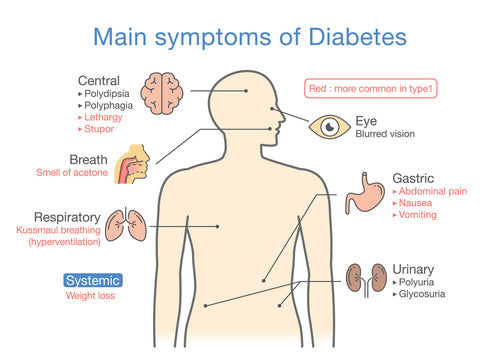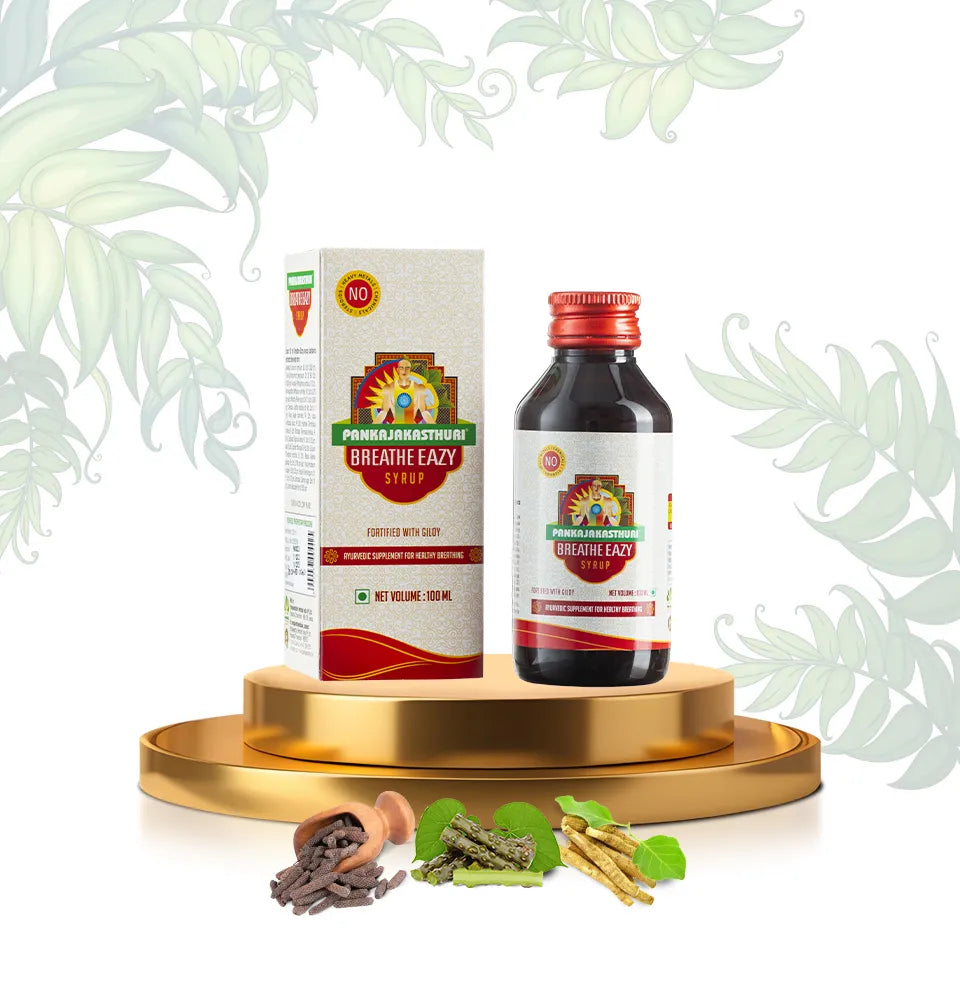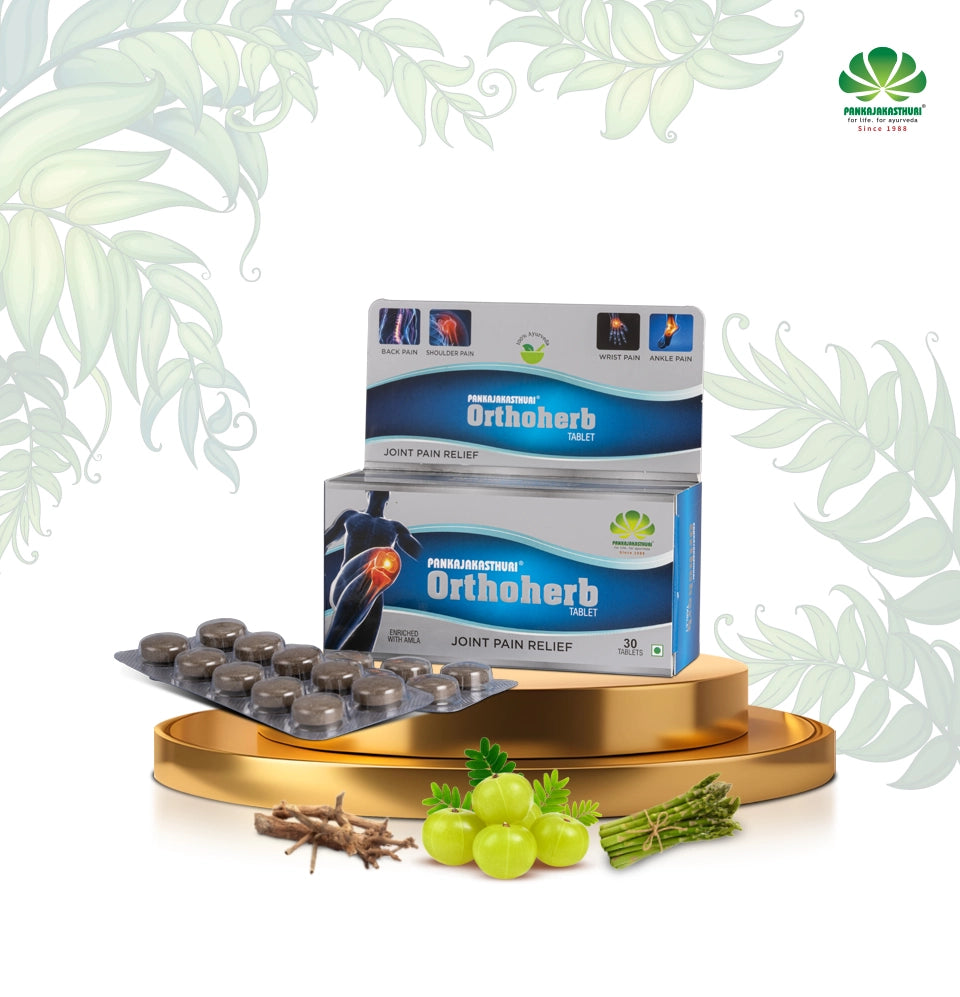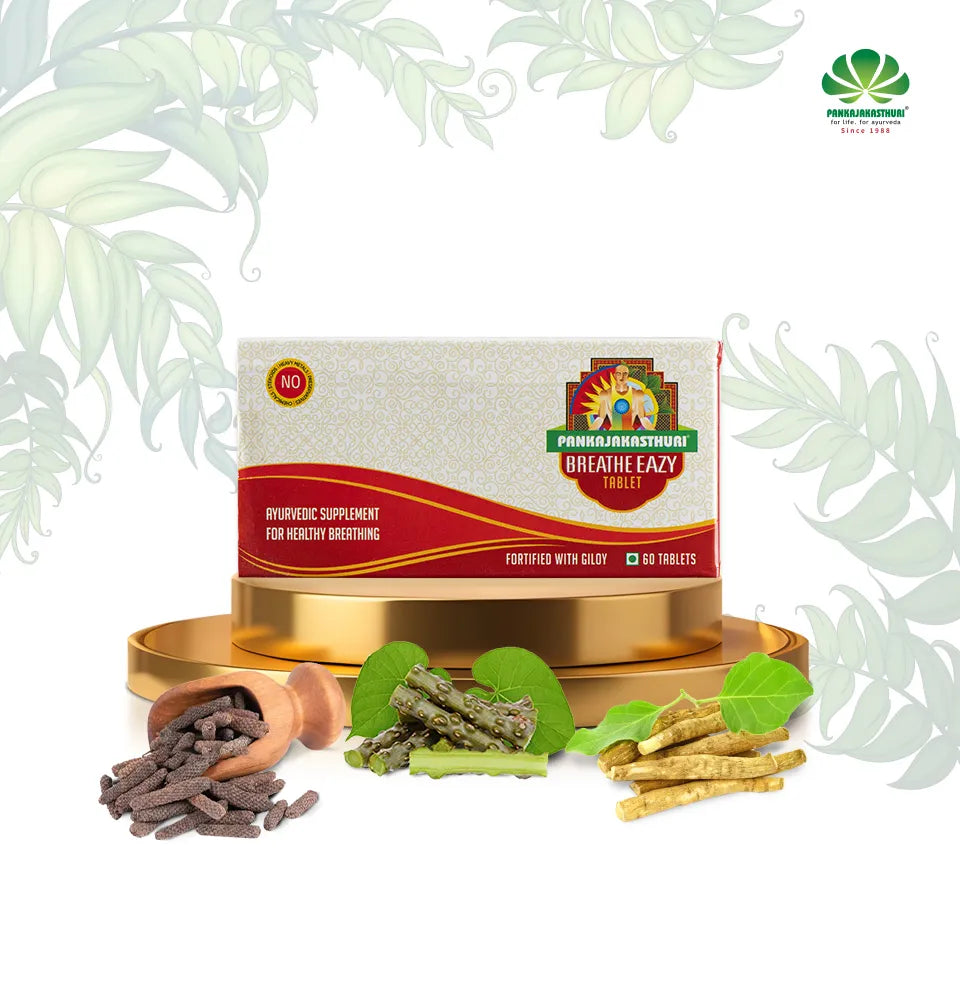
Steps To Control Complications Of Diabetes

If diabetes is not managed properly, then it can lead to serious health complications like glaucoma, cataract, kidney failure, diabetic retinopathy, erectile dysfunction, and hypertension. Diabetes management involves more than just monitoring your blood glucose level; there’s more to it. Let’s check these useful tips to effectively control diabetes:
-
Monitor blood pressure
High blood pressure is a common problem that afflicts diabetics. Also, high blood pressure (hypertension) increases your risk of developing heart diseases. Include regular blood pressure check in your diabetes management plan; check your blood pressure at least 2-3 times in a month. -
Monitor cholesterol
People suffering from diabetes are at a greater risk of developing high cholesterol levels than others. High levels of bad cholesterol or LDL (Low density lipoprotein) cause artery clogging which increases the risk of heart diseases and stroke. Check your blood cholesterol level at least once every 3 months. -
Maintain a healthy and balanced diet
Your diet plays an important role in managing your condition. Include fresh vegetables and fruits such as broccoli, asparagus, kale, apples, blueberries, and melon in your diet. Also, choose lean fish and meat over pre-cooked and ready-to-eat ones. Choose low-fat dairy products to increase your calcium, protein, and vitamins intake. -
Eat healthy snacks
Snacking, when done the right way, helps you maintain your blood glucose at healthy levels. Choose vegetable salads, fruits, and wholesome cereals as snacks over chips, packaged cakes, and sweets. -
Limit sugar and salt intake
Avoid food items and drinks that contain added sugar. For instance, drink plain water instead of sports or flavoured energy drinks. Avoid using excess salt in your food, because too much salt increases your blood pressure and thus raises your risk of heart disease and stroke. -
Choose heart-healthy protein
Eating too much high-fat meats can cause fatty plaques to build up in your arteries. Instead, eat dals, peas, and beans, as they are great sources of protein. Include skinless, white-meat (chicken) in your diet. Eat lean fish 2 to 3 times a week. -
Choose the right types of exercises
There are several types of exercises that diabetics can choose. Aerobic exercises, including brisk walk, swimming, jogging, low-intensity sports, and riding a bicycle improve blood circulation, lower blood glucose and blood pressure, and lower bad cholesterol levels. -
Ayurvedic medicine
You can include Ayurvedic medicines in your Diabetes management plan to effectively control the symptoms associated with Diabetes such as numbness in hands and legs, tiredness, excess thirst, frequent urination, and fatigue. -
Do Yoga
Regular practice of Yoga helps you maintain blood glucose levels. Yoga also helps increase lean body mass, reduce body fat, and control blood pressure. -
Get tested for nerve damage
Nerve damage happens gradually. The numbness in your feet may go unnoticed if it causes no pain. Therefore, ask your doctor to check your feet at every visit. Also, every year your doctor must check how well you can sense pain, temperature, and vibration in your feet. -
Manage stress
Stress can cause your blood glucose levels to increase. Learn ways to lower your stress. Listen to your favourite music, meditate, keep yourself busy in housework, and meditate to lower stress.
Manage Diabetes with Ayurvedic medicines. Explore Pankajakasthuri’s online ayurvedic store
Follow the steps mentioned above for managing your Diabetes. You can explore our Ayurvedic medicine, Ilogen Excel, to manage diabetes. Learn more about Ilogen Excel at https://pankajakasthuri.in/products/ilogen-excel-tablets
Pankajakasthuri – A leading Ayurvedic medicine company in India
At Pankajakasthuri, we create our products using 100% natural herbs. To know more about our Ayurvedic medicines visit http://www.pankajakasthuri.in/otc














